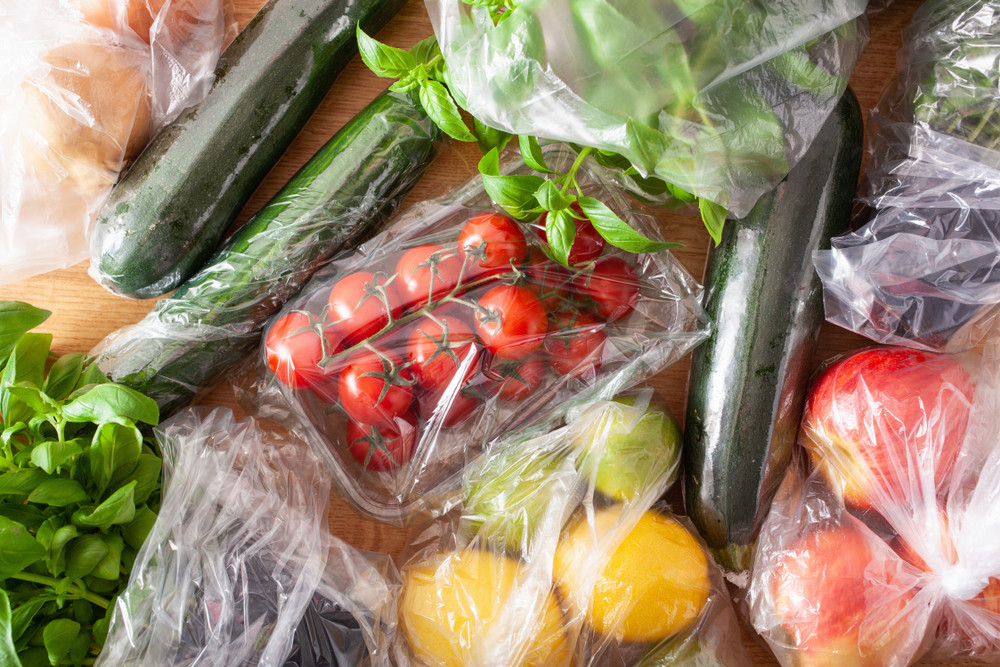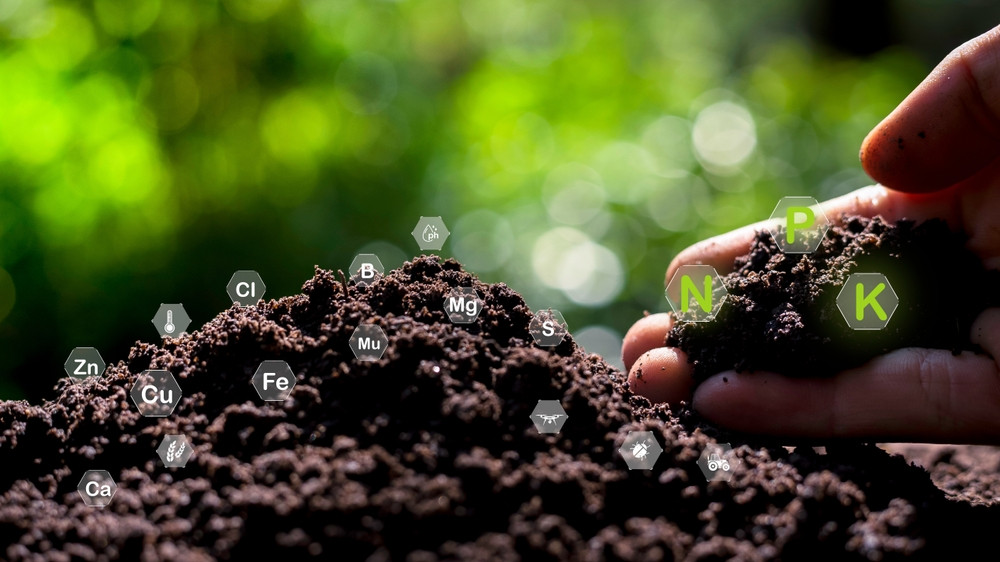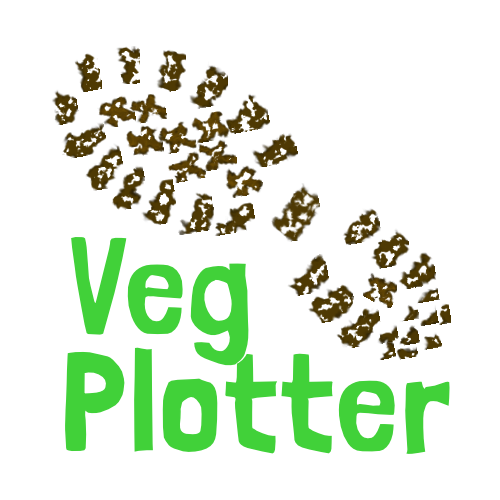Why Homegrown Vegetables Offer A Healthier Choice!

When you walk into a supermarket, the array of brightly colored vegetables can seem irresistible. Yet, beneath their fresh appearance, store-bought produce often comes with invisible factors that can affect your health. Growing your own vegetables at home not only puts you in control of the entire process—especially when it comes to chemicals and nutrient content—but also provides a healthier alternative that can truly elevate your dietary intake. Here are five reasons why the vegetables you grow yourself can be far healthier for you than their supermarket counterparts.
1. Complete Control Over Chemicals and Additives
One of the most significant advantages of homegrown vegetables is your absolute authority over how they’re produced. In commercial farming, synthetic pesticides, herbicides, and fungicides are routinely used to manage pests and disease. While these chemicals help ensure a predictable yield and aesthetically pleasing produce, they can also leave behind residues that you ultimately ingest. Home cultivation allows you to choose eco-friendly methods: employing natural deterrents like companion planting, encouraging beneficial insects, or using organic sprays derived from plant oils. By minimizing or eliminating harmful chemicals, you keep your plate cleaner, your body safer, and your long-term health better protected.
2. Fresher Produce Packed With More Nutrients
Nutrient density in vegetables begins to decline as soon as they’re harvested. Supermarket vegetables may have been picked days, or even weeks, before reaching store shelves. During that transit time—often spent in cooled storage or wrapped in plastic—vitamins, minerals, and antioxidants gradually diminish. When you harvest right before a meal from your own garden, you lock in peak nutrient levels. From vitamin C to iron and potassium, homegrown vegetables deliver higher concentrations of vital micronutrients that support healthy immune function, strong bones, and robust overall well-being.

3. Reduced Exposure to Preservatives and Waxes
To maintain shelf life and an appealing appearance, commercial producers frequently treat vegetables with waxes, coatings, and preservatives. While these substances are generally considered safe in small amounts, they can still represent unnecessary chemical exposure. Homegrown produce doesn’t require artificial layers of protection. What you harvest is what you get—pure, unadulterated vegetables brimming with natural flavors and nutrients, rather than masked by synthetic coatings.
4. Better Soil Quality Means Healthier Crops
Nutrient-rich soil is the foundation of nutritious vegetables. Industrial agriculture often depletes soil nutrients through intensive farming practices, compensating with chemical fertilizers that focus on a few key elements rather than overall soil health. In your home garden, you can build soil fertility with compost, well-rotted manure, natural mulches, and crop rotation. This holistic approach enhances biodiversity in the soil, encouraging beneficial microbes that help plants access a broader range of minerals and trace elements. The result is healthier, more robust vegetables with deeper, more balanced nutrient profiles.

5. Healthier Habits and Greater Food Awareness
Cultivating your own vegetables deepens your understanding of what goes into your food. It encourages you to appreciate natural growing cycles, think critically about nutrient density, and make informed decisions on chemical use. By engaging with your food source at this fundamental level, you naturally adopt healthier eating habits and become more attuned to your body’s nutritional needs. This heightened awareness often leads to a more balanced, health-focused lifestyle—truly the ultimate benefit of homegrown produce.
Growing your own vegetables isn’t just about taste or sustainability—it’s a direct investment in your health. From controlling chemical inputs to optimizing nutrient retention and promoting broader dietary awareness, homegrown produce stands as one of the most reliable pathways toward a healthier, more nourishing way of eating.






